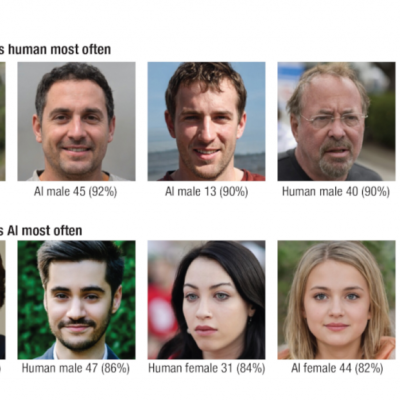A new artificial intelligence (AI) has been developed by researchers at the University College London (UCL) that can diagnose schizophrenia by analyzing differences in language. Schizophrenia is a global mental illness that affects approximately 24 million people worldwide, causing symptoms such as hallucinations, delusions, and disordered thinking. Currently, the diagnosis of schizophrenia is primarily based on conversations with the patient and their family members. However, the new AI method aims to make diagnoses more accurate, assist in treatment monitoring, and provide a deeper understanding of the causes of the illness.
The UCL researchers conducted a study with 26 participants with schizophrenia and 26 control participants. The participants were asked to complete two language flow tests, where they had to name as many words as possible within five minutes that either belonged to the category “animals” or started with the letter “p.” The researchers then analyzed the responses using a large language model (LLM) that had been trained with internet texts. They were able to determine whether the spontaneous responses of the participants could be predicted by the AI model and whether this predictability was reduced in patients with schizophrenia.
The results showed that the LLM could predict responses from people without schizophrenia with higher accuracy than those from participants with schizophrenia. The differences were most significant in people with more severe symptoms. The researchers believe that these differences are likely due to the way the brains of people with schizophrenia learn relationships between memories and ideas and store information in “cognitive maps.” This theory is supported by brain scans that show activity in areas involved in the creation of cognitive maps.
The new AI method has the potential to revolutionize the diagnosis and treatment of schizophrenia, a field that is closely linked to language and meaning. The researchers hope that this technology will lead to more accurate diagnoses, better treatment monitoring, and a deeper understanding of the causes of the illness.










